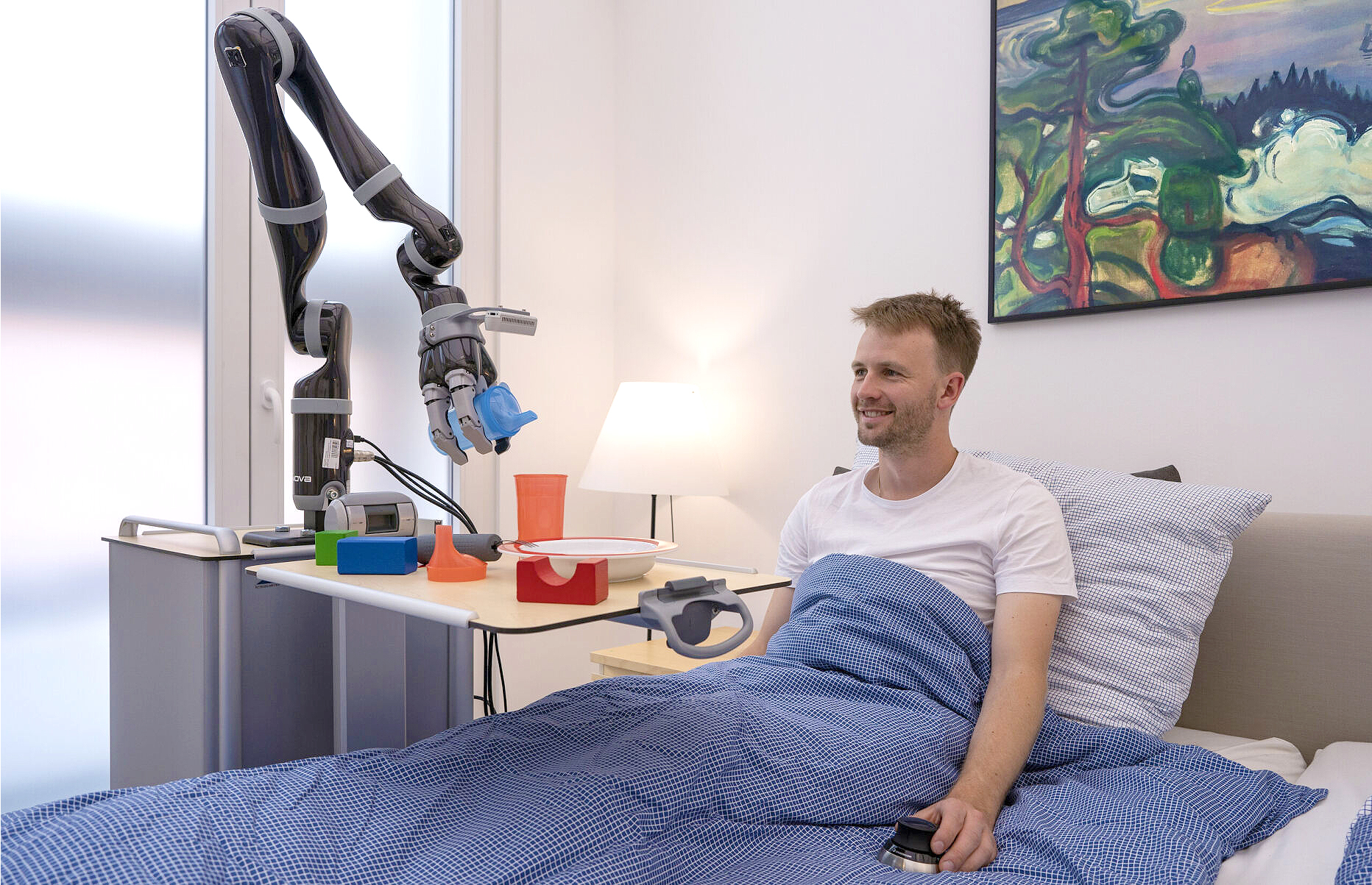From space to car infotainment, a European AI project seeks new advances at the edge

Key Points
- The Franco-German FAIRe project is developing "frugal AI" for edge applications that require less memory, computing power, and data to operate more efficiently on mobile devices.
- The developed AI applications will be used in various fields such as driver assistance systems, medical devices, robotics, and in environments with limited connectivity (e.g. underwater or in space).
- FAIRe focuses on network quantization, network architecture optimization, computation optimization, and the use of specialized hardware to increase the efficiency and speed of AI applications.
The French-German FAIRe project aims to develop "frugal AI" for edge applications ranging from space to infotainment.
FAIRe (Frugal Artificial Intelligence in Resource-limited environments) is a project of the German Research Center for Artificial Intelligence (DFKI) and the French computer science institute Inria. The focus is on "frugal" AI, which is characterized by low memory requirements, reduced computing power, and the use of less data.
The goal is to make AI applications run faster and more efficiently on mobile devices. The AI applications developed will be used in a variety of areas, including driver assistance and infotainment systems, medical devices, and robotics. Frugal AI should also be able to operate effectively in environments with limited connectivity, such as underwater or in space.
FAIRe relies on specialized hardware in addition to more efficient models
To increase the efficiency and speed of AI applications, FAIRe focuses on network quantization, network architecture optimization, computation optimization, and the use of specialized hardware, such as RISC-V-based or FPGAs.
As a next step, the project team led by Prof. Dr. Christoph Lüth is planning a case study on Human-Robot Interaction (HRI) to demonstrate the practical application of the developed approach. In this scenario, an intelligent robot will interact with a human over a longer period to continuously support the human in specific tasks and to adapt to unknown contexts. The study is designed to demonstrate the broad applicability of the AI algorithms developed in FAIRe.
The FAIRe project will be carried out in cooperation between DFKI and Inria until 2026 and is funded by the German Federal Ministry of Education and Research (BMBF).
AI News Without the Hype – Curated by Humans
As a THE DECODER subscriber, you get ad-free reading, our weekly AI newsletter, the exclusive "AI Radar" Frontier Report 6× per year, access to comments, and our complete archive.
Subscribe now